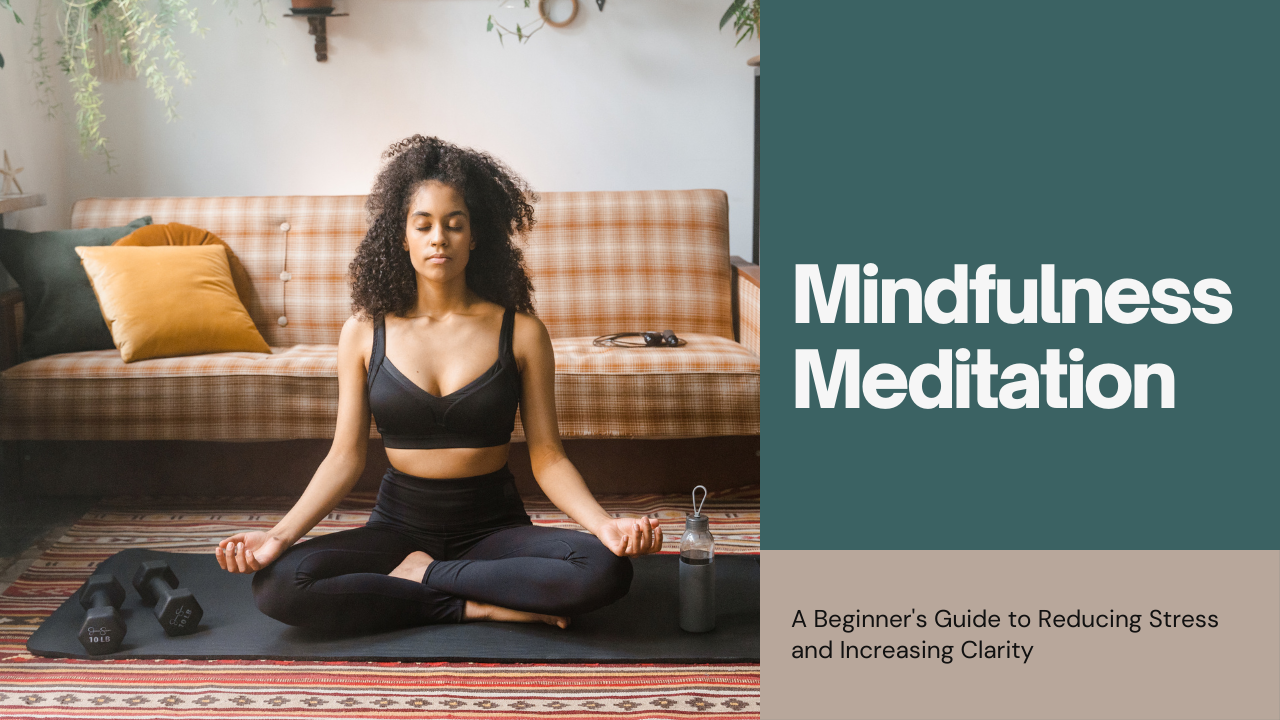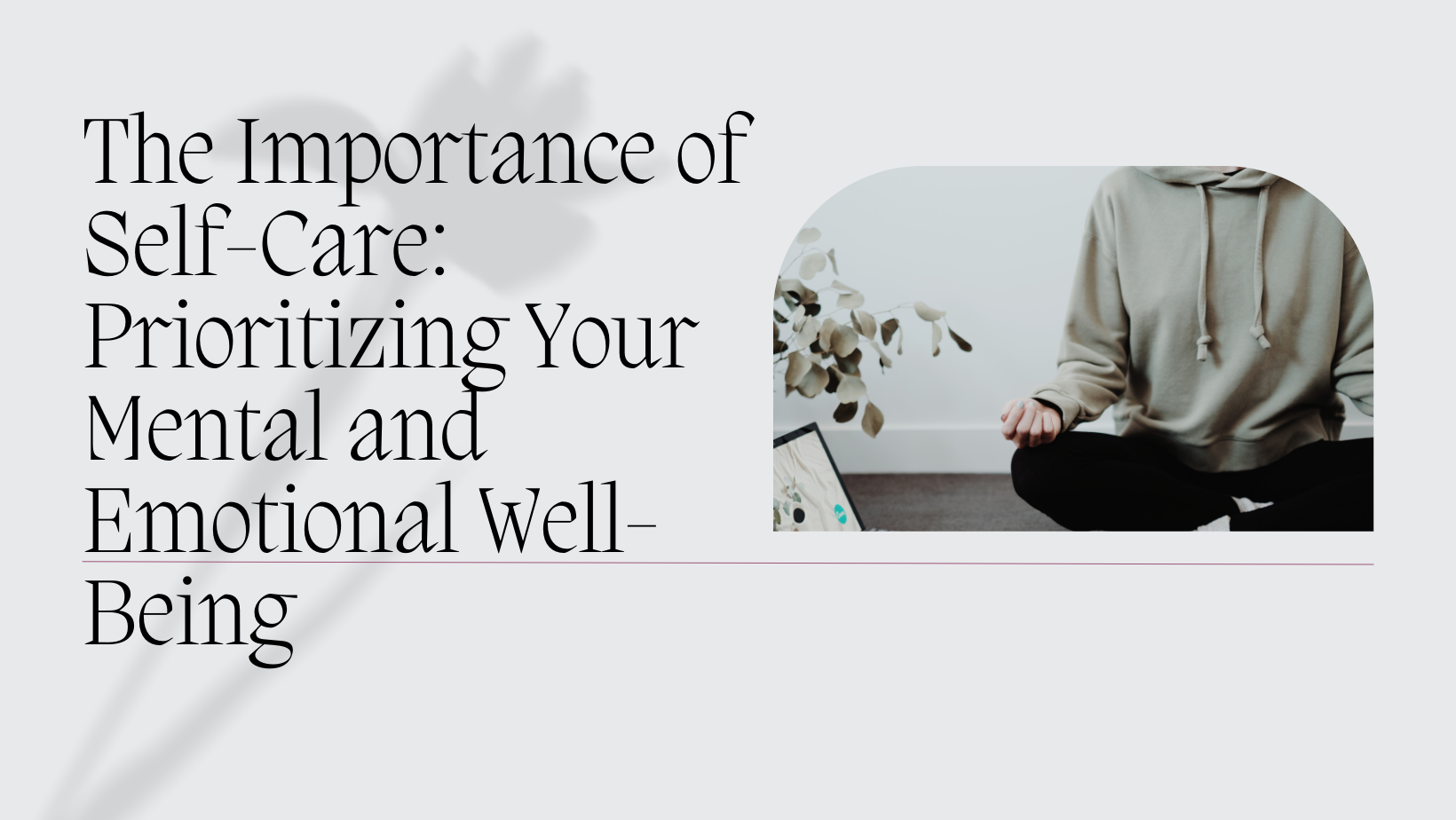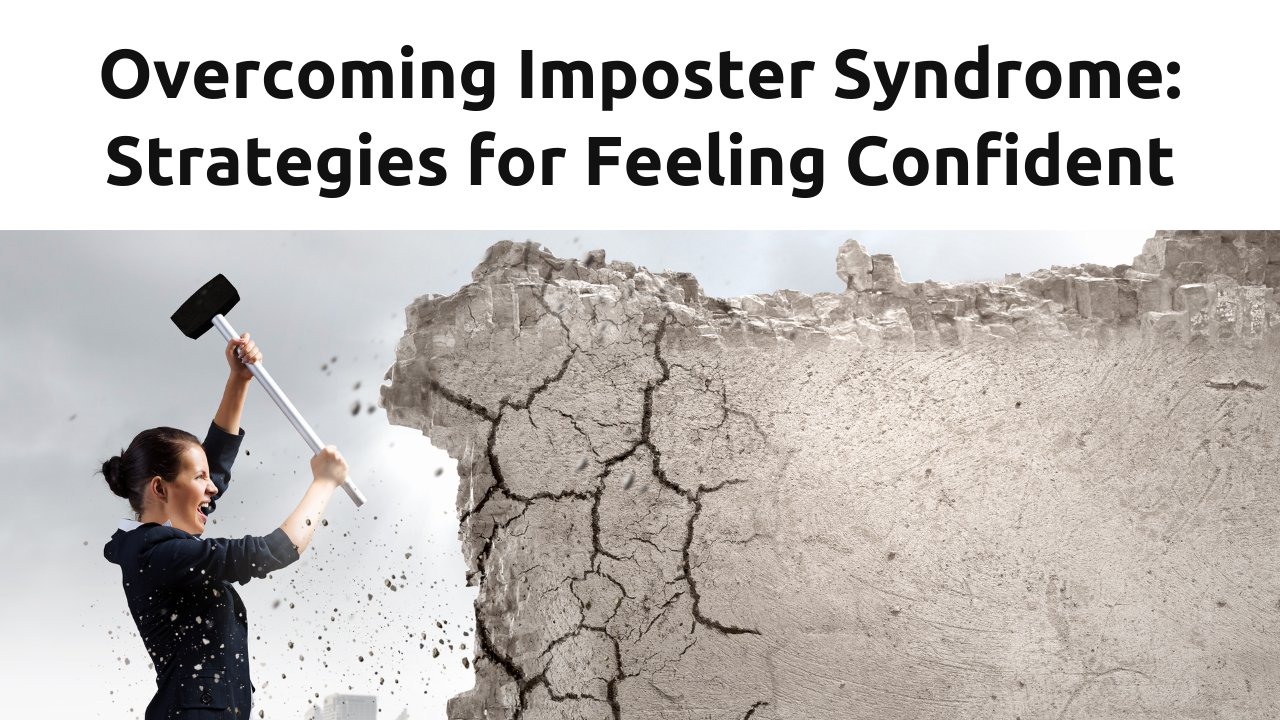Introduction
In today’s fast-paced world, stress and anxiety have become all too common. Many of us find ourselves overwhelmed by the demands of daily life, struggling to focus on tasks, and feeling mentally drained. The good news is that there’s a powerful tool available to help us combat these challenges: mindfulness meditation. In this beginner’s guide, we will explore what mindfulness meditation is, its benefits, and how you can start incorporating it into your life to reduce stress and increase mental clarity.
What is Mindfulness Meditation?
Mindfulness meditation is a centuries-old practice rooted in Buddhist traditions, but it has gained widespread popularity in recent years for its profound impact on mental well-being. At its core, mindfulness meditation involves paying deliberate and non-judgmental attention to the present moment. It encourages us to become fully aware of our thoughts, emotions, bodily sensations, and surroundings.
The Science Behind Mindfulness
Before diving into the techniques, it’s essential to understand the science behind mindfulness meditation. Numerous studies have demonstrated its positive effects on the brain and overall health. Here are some of the key findings:
Reduced Stress: Mindfulness meditation has been shown to reduce the production of stress hormones like cortisol. This leads to a decrease in overall stress levels, helping individuals feel more relaxed.
Enhanced Focus: Regular practice of mindfulness meditation can improve attention and concentration. This heightened focus can have a positive impact on productivity and problem-solving skills.
Improved Emotional Regulation: Mindfulness meditation helps individuals become more aware of their emotions and better equipped to manage them. It can be particularly beneficial for those dealing with anxiety or depression.
Greater Self-Awareness: Through mindfulness, people gain a deeper understanding of themselves, their thought patterns, and their reactions. This self-awareness can lead to personal growth and improved decision-making.
Physical Benefits: Mindfulness meditation has been associated with various physical benefits, including lower blood pressure, improved sleep, and a stronger immune system.
Getting Started with Mindfulness Meditation
Now that we understand the benefits of mindfulness meditation, let’s explore some techniques that beginners can use to start their practice.
1. Mindful Breathing
One of the simplest forms of mindfulness meditation is mindful breathing. Find a quiet and comfortable place to sit or lie down. Close your eyes and focus your attention on your breath. Pay attention to the sensation of the breath as it enters and leaves your nostrils or the rise and fall of your chest or abdomen. If your mind wanders, gently bring your focus back to your breath. Start with just a few minutes a day and gradually increase the duration as you become more comfortable.
2. Body Scan
The body scan technique involves systematically directing your attention to different parts of your body. Lie down in a comfortable position and start at your toes. Focus on each body part, one at a time, moving up through your feet, ankles, legs, and so on. Notice any tension or sensations without judgment and allow them to release. The body scan is an excellent way to relax and reduce physical tension.
3. Guided Meditations
If you’re new to mindfulness meditation, guided meditations can be incredibly helpful. There are numerous apps and online resources that offer guided sessions led by experienced instructors. These sessions often include instructions, soothing music, and gentle reminders to stay present. Guided meditations can make the practice more accessible and enjoyable for beginners.
4. Mindful Walking
Mindfulness doesn’t have to be limited to sitting or lying down. You can practice mindfulness while walking. Take a slow, deliberate walk and pay attention to each step. Feel the ground beneath your feet, the movement of your legs, and the sensation of the air against your skin. Mindful walking can be a great way to clear your mind and reconnect with the present moment.
Overcoming Common Challenges
As with any new practice, mindfulness meditation can come with its challenges. Here are some common obstacles beginners may encounter and tips for overcoming them:
1. Restless Thoughts
It’s normal for your mind to wander during meditation. When this happens, don’t get frustrated. Acknowledge the thought and gently bring your focus back to your chosen point of attention, whether it’s your breath or a guided meditation.
2. Impatience
Some beginners may feel impatient or restless during meditation, especially if they’re used to a fast-paced lifestyle. Remember that mindfulness is a skill that develops over time. Be patient with yourself and practice regularly.
3. Finding Time
Many people struggle to find time for meditation in their busy schedules. Start with just a few minutes a day, and gradually increase the duration as you become more comfortable. You can meditate in the morning, during lunch breaks, or before bedtime.
Conclusion
Mindfulness meditation is a powerful tool for reducing stress, increasing focus, and enhancing overall mental well-being. Its numerous benefits, supported by scientific research, make it a valuable practice for anyone looking to improve their quality of life. Whether you’re a beginner or an experienced meditator, incorporating mindfulness into your daily routine can lead to a calmer, more centered, and happier you. So why not take a few minutes each day to pause, breathe, and be present in the moment? Your mind and body will thank you for it.



